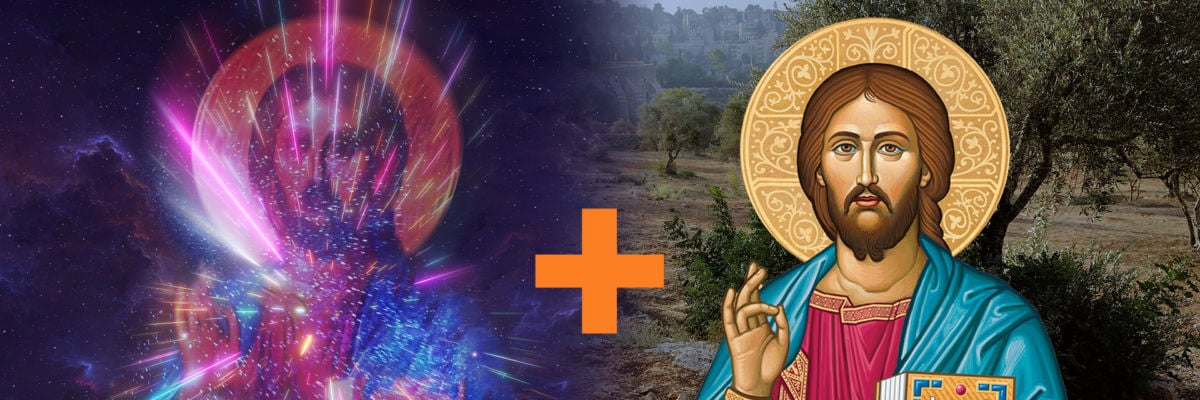
What is the hypostatic union? That was the question the cool kids asked in my parish youth group. Jimmy Akin answers this question and distinguishes the difference between the term “separate” and “distinct” in Catholic theology.
Watch the full Catholic Answers Live show from July 28, 2022:
https://www.catholic.com/audio/cal/open-forum-774
Transcript:
Caller:
Is Jesus’s soul separate from his divine nature or was his divine nature what animated his body?
Jimmy Akin:
Catholic theology doesn’t like using the word “separate” when it comes to the different components of Christ; it prefers the term “distinct” and Jesus’s human soul is distinct from his divine nature, but it is not separate from his divine nature as soon as his human soul came into existence. It was in hypostatic union with his divine nature and it has never ceased to be in hypostatic union with his divine nature.
In terms of what applied to his body, well the soul is the animating principle of the body and is the form of the body and so it would have been his human soul that “ran” his human body but at the same time, his divine essence was also hypostatically united with both his body and his soul. Now there is a question of whether – the um –
of whether his divine nature was united directly with the body or whether it was united with the body through the soul, and, as far as I’m aware, that is not something that the church has settled yet.
I could be mistaken about that, but that’s my memory and so, as far as I’m aware, that question is still doctrinally open and subject to theological opinion.



